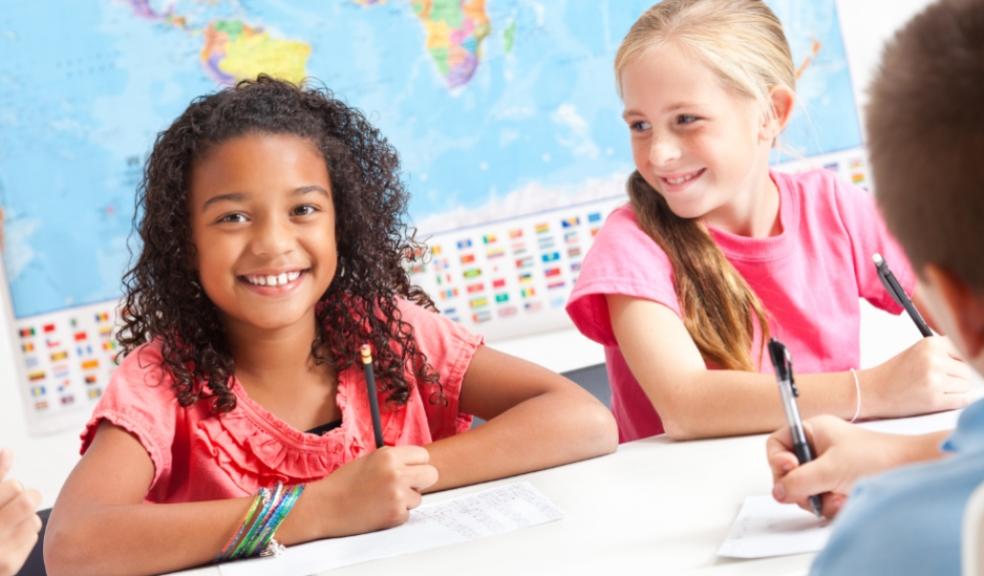
Ofsted Annual Report: We must do all we can to make sure this generation is not denied its opportunities
The Chief Inspector’s Annual Report says that nearly all children and learners have been affected by the pandemic, with long-term consequences unknown.
From: Ofsted
- Good, well-structured, face-to-face education will help most children catch up
- Daily routines, and the return of sport and extra-curricular activities, will improve children’s mental and physical health
- Those requiring specialist care and support must not be left wanting
- Improvements that were in progress before the pandemic need to continue and other reforms must be taken forward urgently
The last year was a difficult period to be young, and a challenging time to be learning. The restrictions everyone had to live under brought hardships to many, but children and learners faced more than their fair share, Ofsted’s Annual Report finds.
Read the 2020/21 Annual Report.
While the long-term effects of school closures are not yet known, this year’s report says that nearly all children in England have suffered as a result of restrictions and repeated lockdowns. It warns that, as we look forward to the year ahead, it’s imperative that all parts of education and care systems are working to enable children of this generation to fulfil their potential.
The Annual Report provides a state of the nation view of education and children’s social care over the 2020 to 2021 academic year. During this period, much of Ofsted’s routine inspection work was suspended. Regulatory work continued however, and the inspectorate undertook monitoring and research visits to see first-hand how schools, colleges, nurseries, and social care providers were reacting and responding to the shifting situation brought about by the pandemic.
Ofsted found that, despite the best efforts and commitment of many thousands of parents, teachers, social workers and carers, the challenges of the pandemic were so great that nearly all children fell behind in their education, while some had a worse experience than others.
The report describes how:
- The loss of education, disrupted routine, and lack of activities led some children to develop physical and mental health problems. Loneliness, boredom and misery became endemic among the young.
- Children with special educational needs and/or disabilities (SEND) had additional barriers to overcome as many were unable to access the support they rely on.
- Vulnerable children, at risk of harm or neglect, disappeared from teachers’ line of sight, resulting in significantly lower levels of referrals to social care.
- Some children in care felt less safe due to lockdown restrictions and broken relationships with staff. In the worst cases, increased levels of anxiety led children to self-harm.
- Long-standing pressures on care placements grew, with long waiting lists and children being placed far from their families, or in unregistered homes.
- Some children attending alternative provision became involved in criminal activity, including gang violence, and were at risk of child sexual exploitation.
- The development and progress of many of the youngest children were hampered, with some even regressing in basic language and social skills.
- The further education and skills sector was hit particularly hard. Many apprentices found themselves furloughed, or out of work altogether. And the number of learners experiencing significant mental health problems or safeguarding concerns increased.
- Prisoners seeking a second chance through education were unable to leave their cells to learn. Many lost motivation and floundered, especially those with learning difficulties, low levels of education or limited English.
The Annual Report notes that, from education inspections carried out so far this term, Ofsted is beginning to see that schools and colleges with a well-planned and well-implemented curriculum are best placed to get children to where they need to be.
But for children to really regain a sense of normality in their lives and their education, it’s important the focus is not solely on bridging gaps in academic learning. Schools must offer children a rounded experience, including a rich curriculum, sport and physical activity, and extra-curricular opportunities that broaden their horizons.
The report also outlines systematic improvements and reforms that must now be taken forward in education and children’s social care, including:
- Long-standing lack of capacity in the care system, and variability in the support available for care leavers, must be tackled.
- The quality and consistency of teacher education must be improved to make sure that the new generation of teachers is set up for success in the classroom.
- Alternative provision must be reformed and the loopholes removed that allow much of it to avoid regulation and oversight.
- Legislation must be strengthened and Ofsted’s investigatory powers increased to allow inspectors to find and close illegal schools.
- Support for the most vulnerable children and those with SEND must rapidly return to pre-COVID levels. Partnerships working across local areas need to do better for the children who rely on them.
Ofsted’s Chief Inspector, Amanda Spielman, said:
The education and social care sectors have been under tremendous strain since the pandemic began, and their staff have worked tirelessly in children’s interests. Their efforts deserve the highest praise.
But the challenges of COVID-19 were so great that nearly every child has felt the impact of the resulting restrictions. Many young children’s progress and development faltered. Primary and secondary age children had their education and social lives disrupted from being in and out of school, away from their teachers and classmates. Children with SEND were unable to access the local support services they rely on. Further education students and apprentices saw their placements curtailed and job prospects limited. And children in care suffered as long-term issues in the system were exacerbated by staff shortages and isolation measures.
In order to protect older generations, we asked the youngest generation to put their lives and education on hold. As we look forward to the year ahead, we must strive to redress the balance. Every generation gets one chance to enjoy its childhood and fulfil its potential. We must do all we can to make sure this generation is not denied its opportunity.”
Cover photo By SDI Productions on Canva












